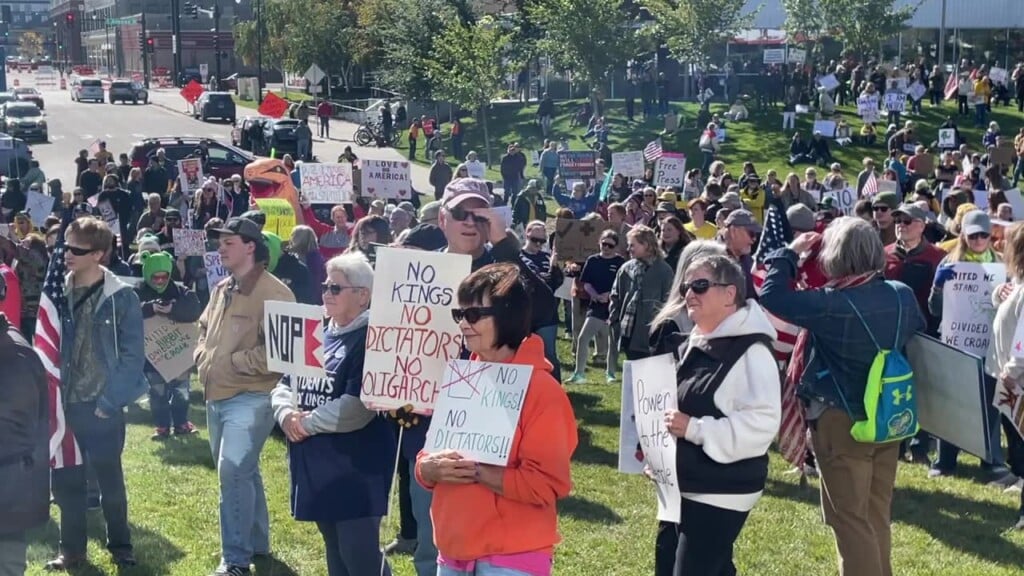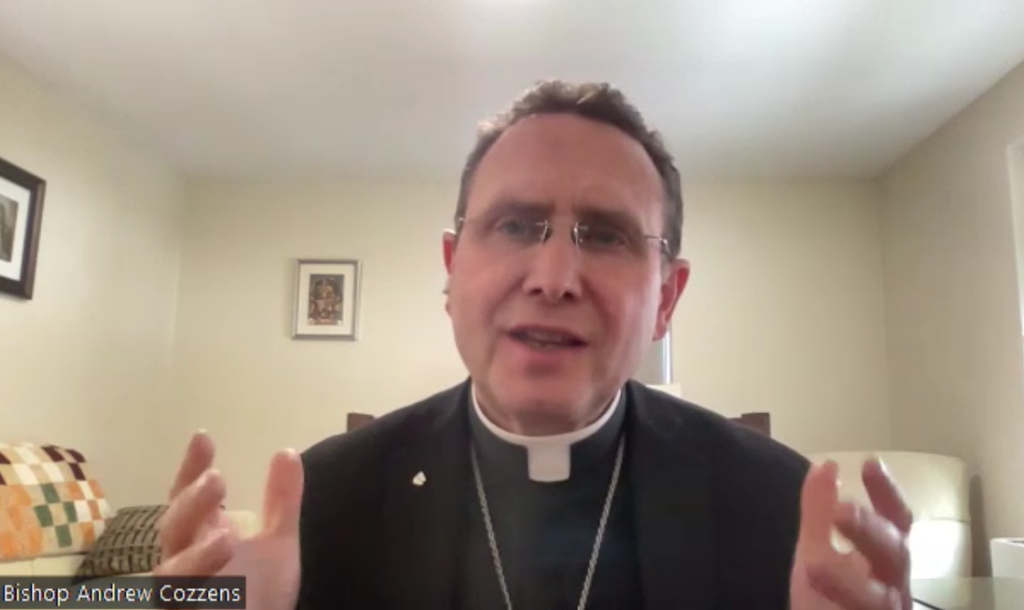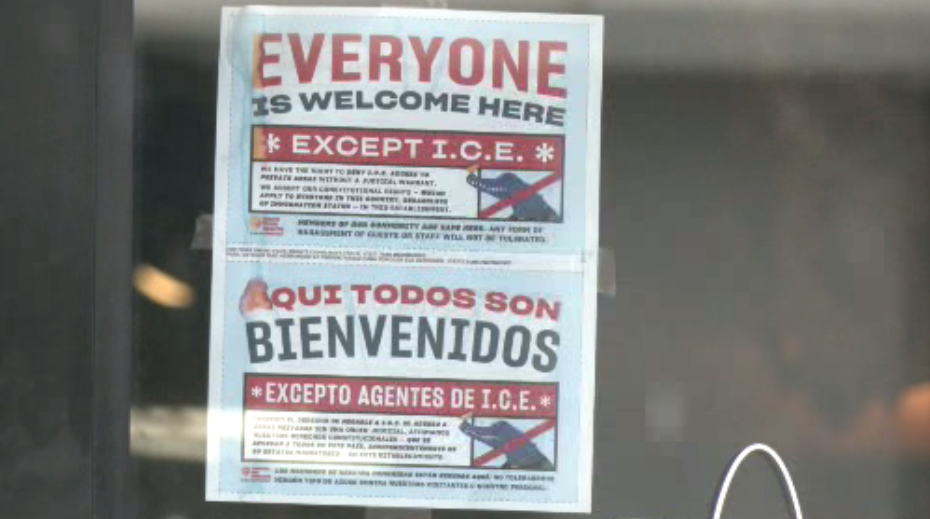Apple vs. the FBI: What it Means for You
The government wants Apple to break its encryption on the shooter’s iPhone to see what other terrorists they might have been working with.
But Apple is refusing, saying it’ll put their security, and that of iPhone and other Apple consumers, in jeopardy.
You’d think with images from San Bernardino burned on our brains, any consumer would want Apple to give up access to the shooter’s phones.
Not so fast.
Kari Rivard of Breckenridge, Minn., who KVRR caught up to outside Target, said she’s concerned about Apple’s allegations the iPhone access would grant greater access to the whole iPhone system.
Giving access to the shooter’s phone is fine. But if it opens doors to other iPhones, like hers, it’s not.
“You sign up for anything, they ask for your social security number, your address,” she said. “We shouldn’t have to give up security because of one shooter.”
Local cybersecurity specialist Ben Holsen, of SecureTunnel.com, said her concerns are valid.
“It’s not as easy as Apple saying here are they keys to the castle. They don’t actually have that key,” Holsen said.
It’s not like giving out a key at all, as a matter of fact, Holsen said. It’s more like giving someone an electronic access code to the company front door. Once they know it, they can’t un-know it.
Holsen says encryption programs aren’t designed to be breached.
Apple would essentially have to hack their own system, leaving it open to other hackers.
That’s why they’re telling customers they’re standing up to the government.
“Hackers are excellent at exploiting holes in software, even when they’re not intentionally built. If you build a hole they absolutely will,” Holsen said.
Government attorneys are arguing in court that the access would be a one-time deal.
But the case has once again pitted law enforcement against the tech industry, which worries that it wouldn’t just be a step backward in their industry-wide move toward encryption.
Tech experts are also worried that it would set a precedent that would let not just federal investigators claim access to cell phones, but local law enforcement agencies who’d want the same access in their own investigations.






